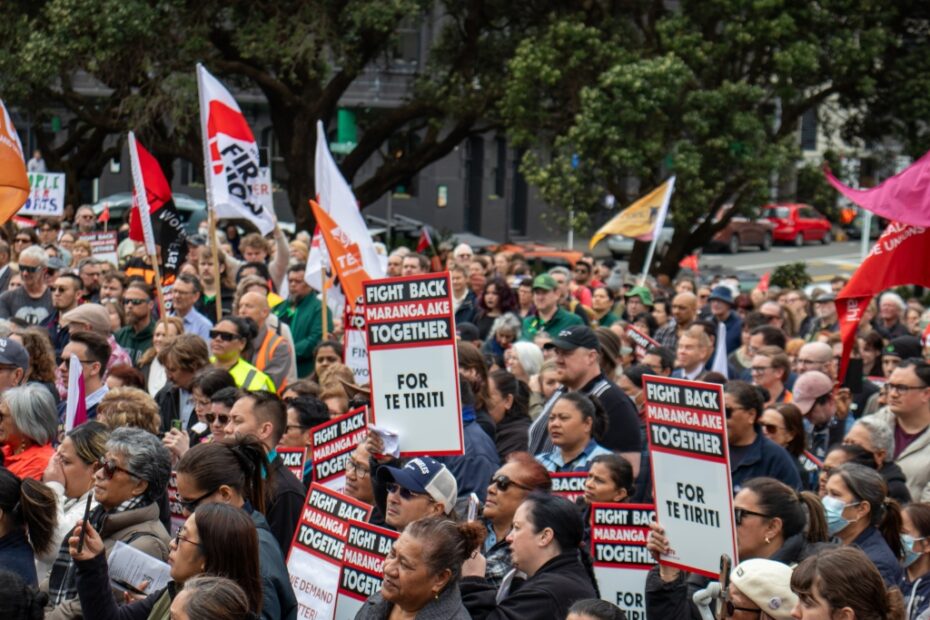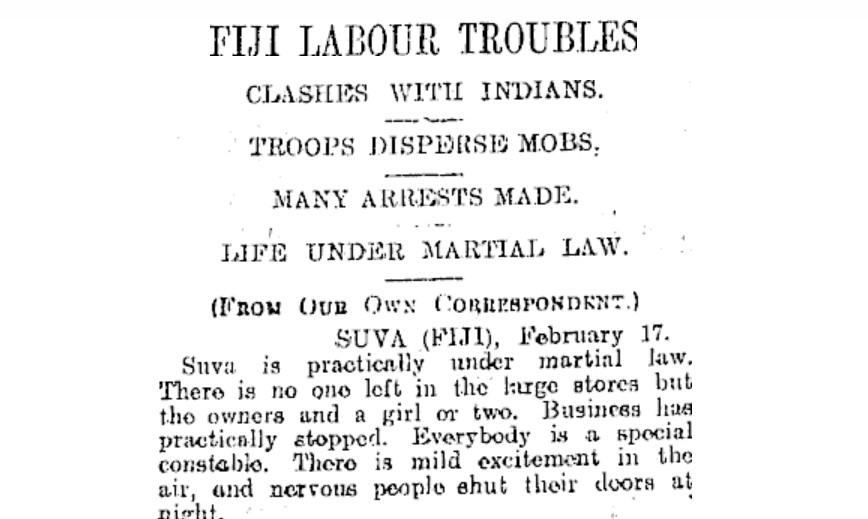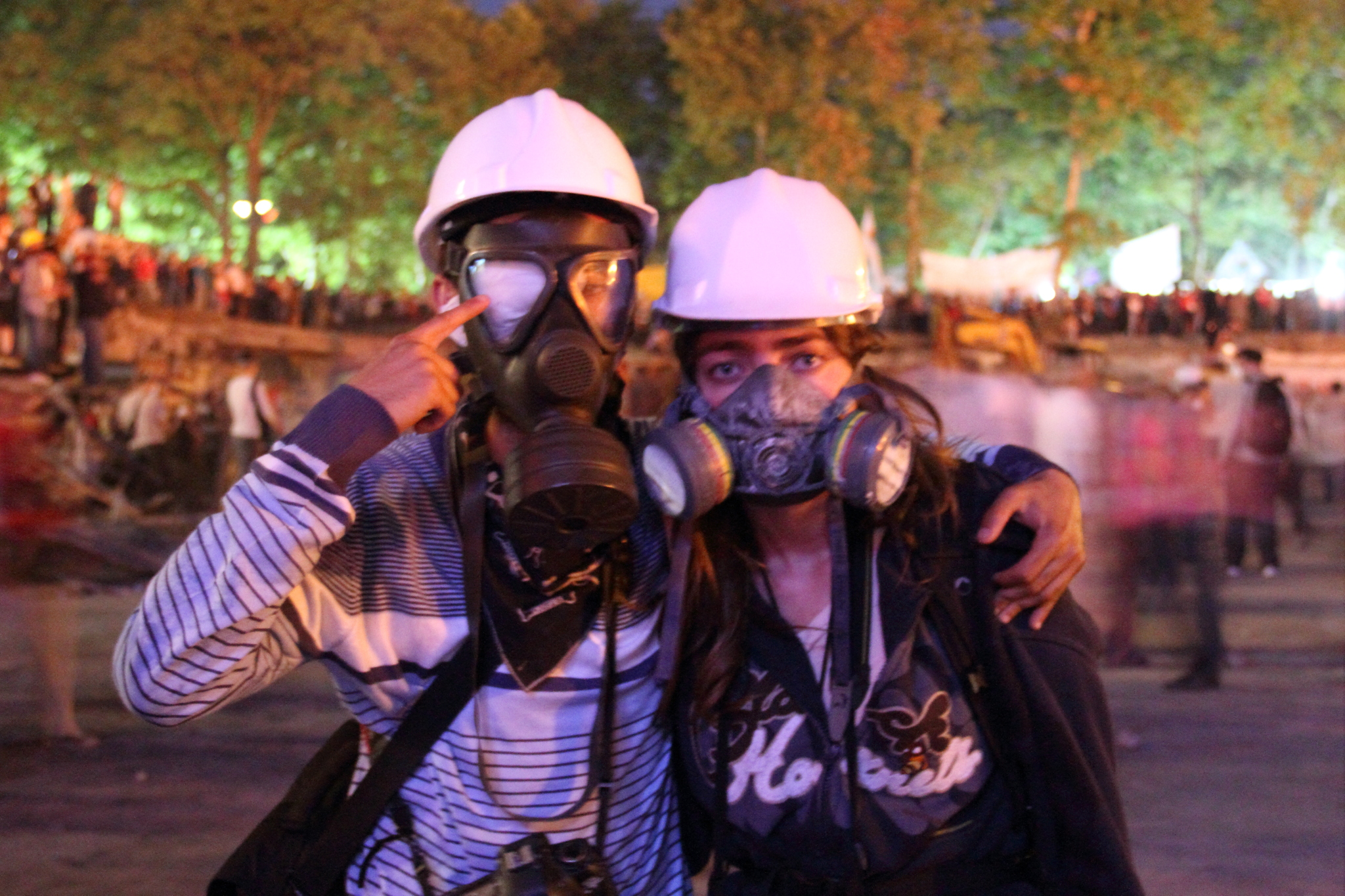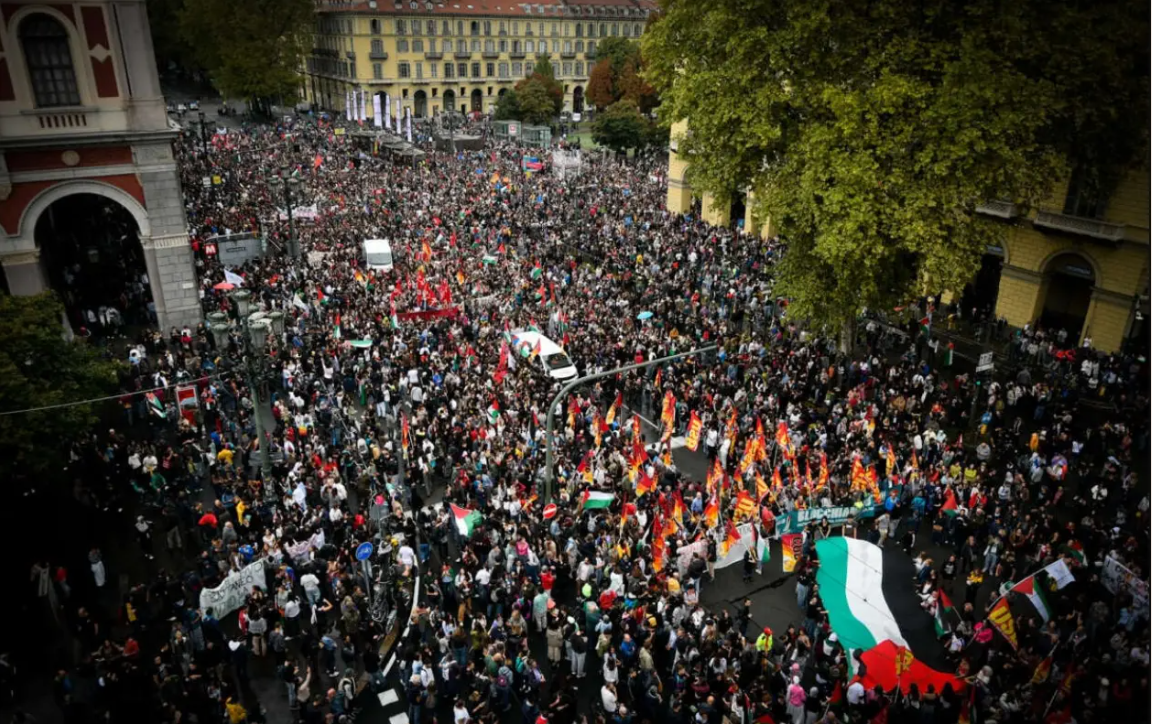The emancipation of the working class must be the work of the working class itself.
– Marx and Engels, Strategy and Tactics of the Class Struggle, 1879
The working class is the maker of history. Our fragile society trucks along thanks to the workers in factories, the toilers on the farms, the mass body of working people in offices, schools, mines, roadsides, hospitals, and universities. Our labour keeps the lights on, keeps turbines pumping, and ensures the world moves. The fruits of our labour are enjoyed by those “with”, the Bourgeoisie, the Owning Class, whose right to rule is based on vibes and the threat of police violence.
It stands to reason that, assuming you’re interested in worker liberation, it would be workers who put our freedom into action. Socialists (along with sympathisers, the curious, and even haters) should understand a defining schism or split in socialist politics: between the traditions of Socialism from Below and Socialism from Above. Essentially: to organise or to be organised.
Socialism from Below
Socialism from below represents the liberation of our society from class; the liberation of workers everywhere from exploitation by the parasites above. This must come from our collective efforts to build a conscious, educated, interconnected community able to feed, clothe, house, power, and educate ourselves. This is possible due to the tendency of working people to rely on ourselves and to boldly stand in opposition to ruling elites. Throughout history, working people have organised themselves, with successes and failures, to run things ourselves, outside of state or corporate institutions and against their influence.
Tātau is the inclusive collective “us” in Te Reo Māori. This is who we must rely on for change, not rātau or “them”. While we might demand reforms from rātau, the rulers, our aim in those struggles is to pressure them from the outside, not seek access to their power. As English writer and socialist William Morris put it, “change for the better can only be realised by the efforts of the workers themselves. ‘By us and not for us’ must be their motto”. The collective might at times use the resources of leading individuals – the smooth talkers and big thinkers – but these leaders should be beholden to the collective; chosen by the people, controlled by us, and removable by us.
Socialism from Above
Standing in opposition to this are various forms of “Socialism from Above”. From Lassalle to Stalin, and Castro to Mao, there have been figures who promote a tolerance of mass engagement in politics, rather than any intention to embrace and expand it.
Ferdinand Lassalle was an early worshipper of the state and its ability to do things for people. Active in Germany in the mid-1800s, Lassalle advocated an alliance between the German kaiser and the budding German working class, writing that the monarch could “pursue a really revolutionary and national trend [and] transform itself from a monarchy of the privileged estates into a social and revolutionary people’s monarchy”. A “people’s monarchy”, where power is handed to an almighty overseer, seems as convincing to me as building a chicken hutch using corn and expecting the hens to stay put.
The former USSR and so-called “socialist” states today also represent a form of Socialism from Above. As ISO member Brad Aldridge writes, under the state-capitalist regimes of the USSR:
Bureaucrats requisitioned grain from peasants and profits from factory workers. Labour councils were disbanded, and trade unions became arms of the state machine. This was not only a failure to be democratic, but to satisfy the main criterion for socialism.
That criterion is the direct, democratic control of society by workers.
Contemporary China, likewise, is not a step toward socialism, but rather a modernisation of bureaucratic state-capitalism. The history of violent suppression, famously so in the case of the 1989 Tiananmen uprising, illustrates that the state’s priority has not been socialism but stability, accumulation, and party dominance. More recently, the writer Wen, a socialist active in mainland China, documented the state response to grass-roots worker movements in 2019:
Policing became more preemptive, aiming less to punish activists for what they had done and more to prevent them from what they might be preparing to do next. With each layer of activists arrested, interrogated or tightly surveilled, the next layer became more exposed, in an ever-expanding concentric circle of repression.
China’s leaps and bounds are rooted in preserving the power of the bureaucratic caste, not empowering the masses. We must establish this point of difference: What it means to simply tolerate the masses as a means to an end, and what it means to centre the masses as the primary participants, the primary agents, the shapers of history.
Reformism and Revolution
Reformism, the idea that existing forms of power, such as parliament, can be used to create socialism, is another form of Socialism from Above. The world is full of politicians and intellectuals who can envisage a better world for workers, but can’t imagine workers themselves creating that world. As American socialist Hal Draper noticed in the ’60s, these figures often see the mass of people as “congenitally stupid, corrupt, apathetic and generally hopeless”, believing that “progressive change must come from Superior People rather like (as it happens) the intellectual expressing these sentiments”.
It follows that if the common person, the average Jane and Hone Doe, is nothing but an idiot, then it could only be the cleverest, the most socialist, the greatest of planners that can grant socialism to the masses, coming down with the baskets of knowledge to lead the masses into their future.
Whether it is effective or not, we can see how easily the above justifies a dictatorship over the working class. Throughout history, it’s common for workers, who are usually not involved in politics, to rise up during times of major social change. These moments are just as normal as quiet, conservative periods. Elitist thinkers often assume the masses will stay quiet forever. When people do rise up, these same intellectuals often pull themselves into knots, condemning the self-activity of the working class. Reformist politicians, brought into power by working-class movements, seek to repress or subdue those movements when they push beyond what those politicians (and the wider system) are willing to deliver.
If we want to build a new world, means must be consistent with ends. Our tradition argues that a self-managing, self-organising society can only be created by a popular movement which is itself self-managing and self-organising, coordinated by bodies completely accountable and removable by the workers and of the workers themselves. It is not possible to create a new society in which the working people would be set free, once led there by a wise and benevolent set of masters. If you can be led to heaven, you can be led to hell, after all. Essentially, we must aim for a society where it is we, tātau, in charge, not a rātau, no matter how benevolent they may appear.
Photo credit: NZCTU – Workers gather for Maranga Ake rally, 2024









